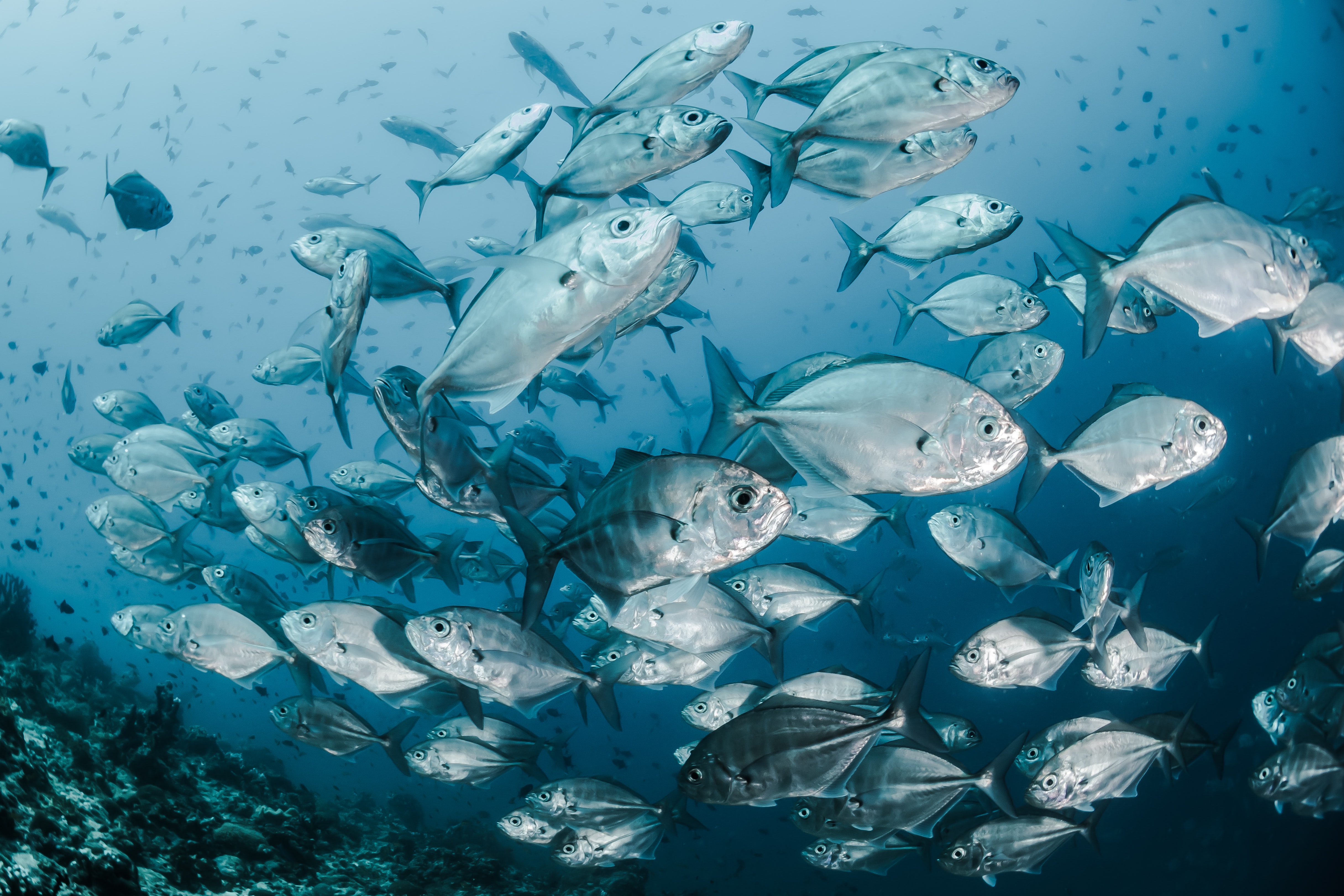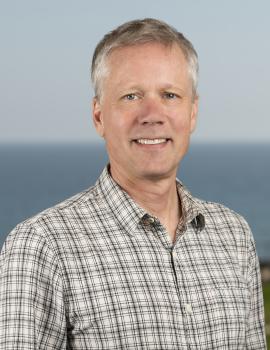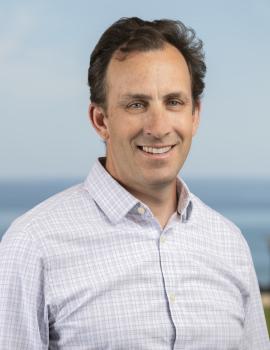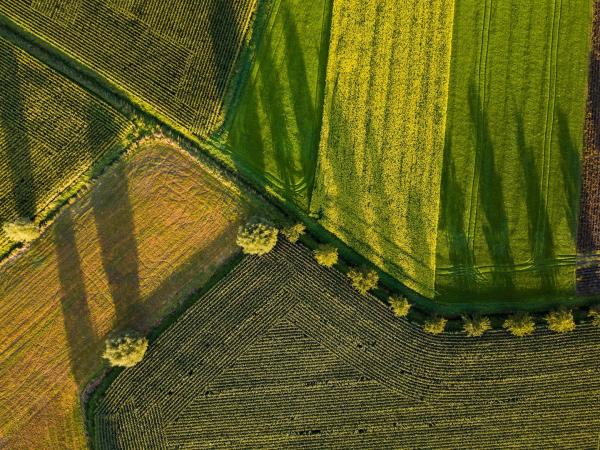
A team of international collaborators led by Bren School faculty member Christopher Costello has found that, if managed sustainably, edible food from the sea could increase by 21-44 million tonnes by 2050, an up to 74% increase compared to current yields. Their findings are published in the journal Nature.
“Basically the question we were trying to answer was: Does sustainably managing the ocean over the next 30 years mean we will produce more food, or less?” said Costello, a professor of environmental and resource economics.
Their findings suggest that yield from the sea could not only increase to meet a growing demand for the estimated 9.8 billion people on the planet by 2050, but would also have less of an impact on biodiversity, climate, and ecosystems.
“If done sustainably, you could actually increase food from the sea, and by an outsize proportion relative to expansion of land-based food,” said Costello. “And it could be done in a way that’s much more environmentally friendly for the climate, biodiversity and other ecosystem services than food production on land.”
The team examined wild fisheries, finfish mariculture, and bivalve mariculture in their study to estimate sustainable supply curves that account for ecological, economic, regulatory, and technological constraints. The study describes four pathways for increasing food supply from the ocean:
Improving the management of wild fisheries
Sustainably managed wild fisheries allow depleted fish populations to rebuild, which works out in the long-term. The study examines government reforms in fishery management and/or economic incentives for improved management.
Implementing policy reforms for mariculture
The study outlines reasons why mariculture production is currently limited, and how improved policies and more efficient implementation could lead to expansion and prevent environmentally damaging mariculture practices.
Technological advances in finfish feeds
Using fishmeal and fish oil for mariculture feeds presents a problem in that growth is constrained by these resources in the wild. The study examines alternative feed ingredients, including plant- and animal-based proteins, seafood processing waste, algae, and others.
Shift in demand
An increase in demand for sea-based food affects all three other pathways. In part, this is influenced by public perceptions of mariculture and population wealth. “As people’s diets shift, as they get wealthier, as the population grows, as they start to realize that fish are more nutritious and healthier than land-based sources of meat, the demand grows,” said Costello. “That raises prices and creates an economic incentive to generate food from the sea.”
Other UCSB, EmLab, and Bren School researchers credited as authors on the study include Chris Free, Halley Froehlich, Jason Maier, Ilan Macadam-Somer, Tracey Mangin, Erin O'Reilly, and Andrew Plantinga.
Further reading:
Costello, C., Cao, L., Gelcich, S. et al. The future of food from the sea. Nature (2020). https://doi.org/10.1038/s41586-020-2616-y
"Food from the Sea" in The UCSB Current





